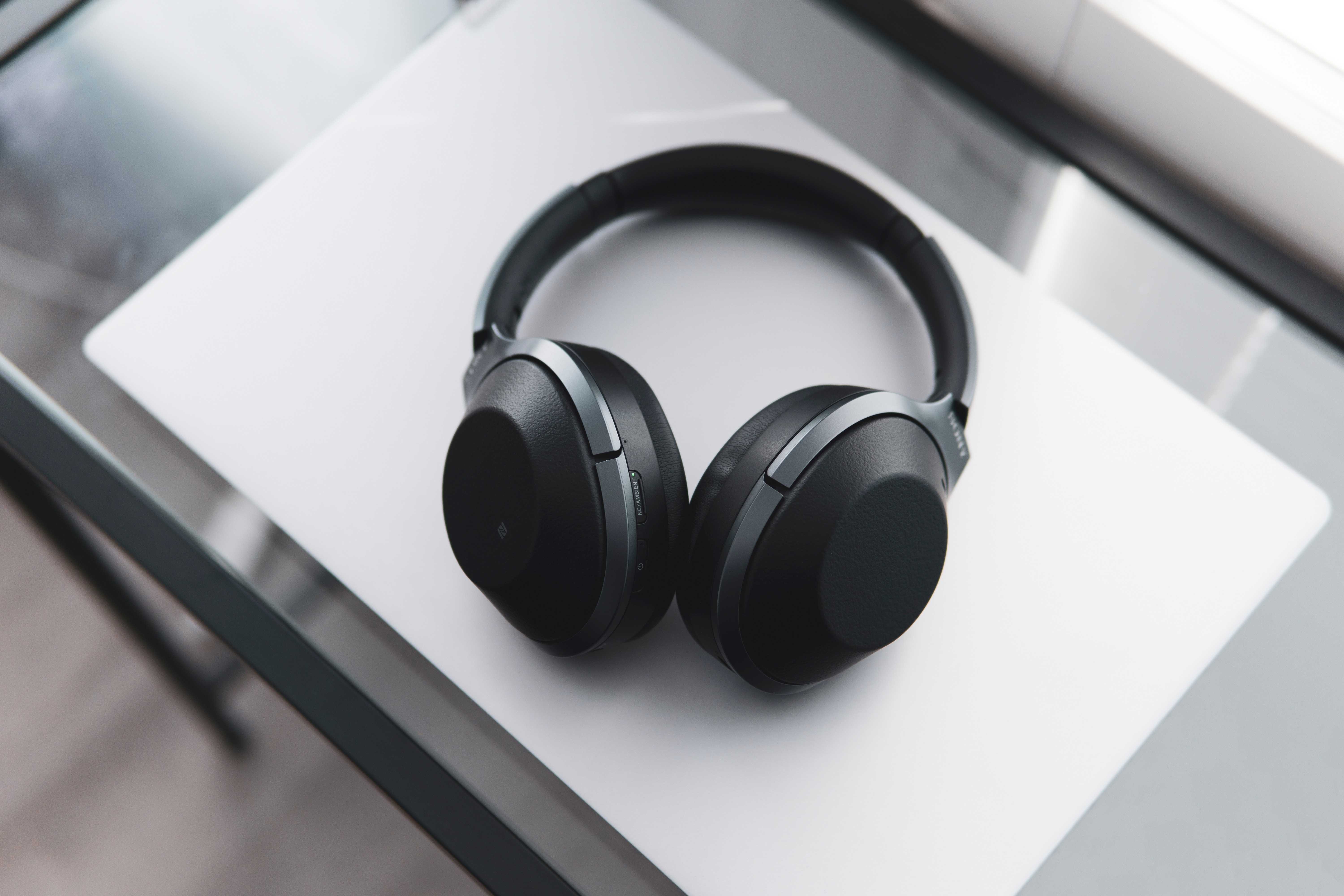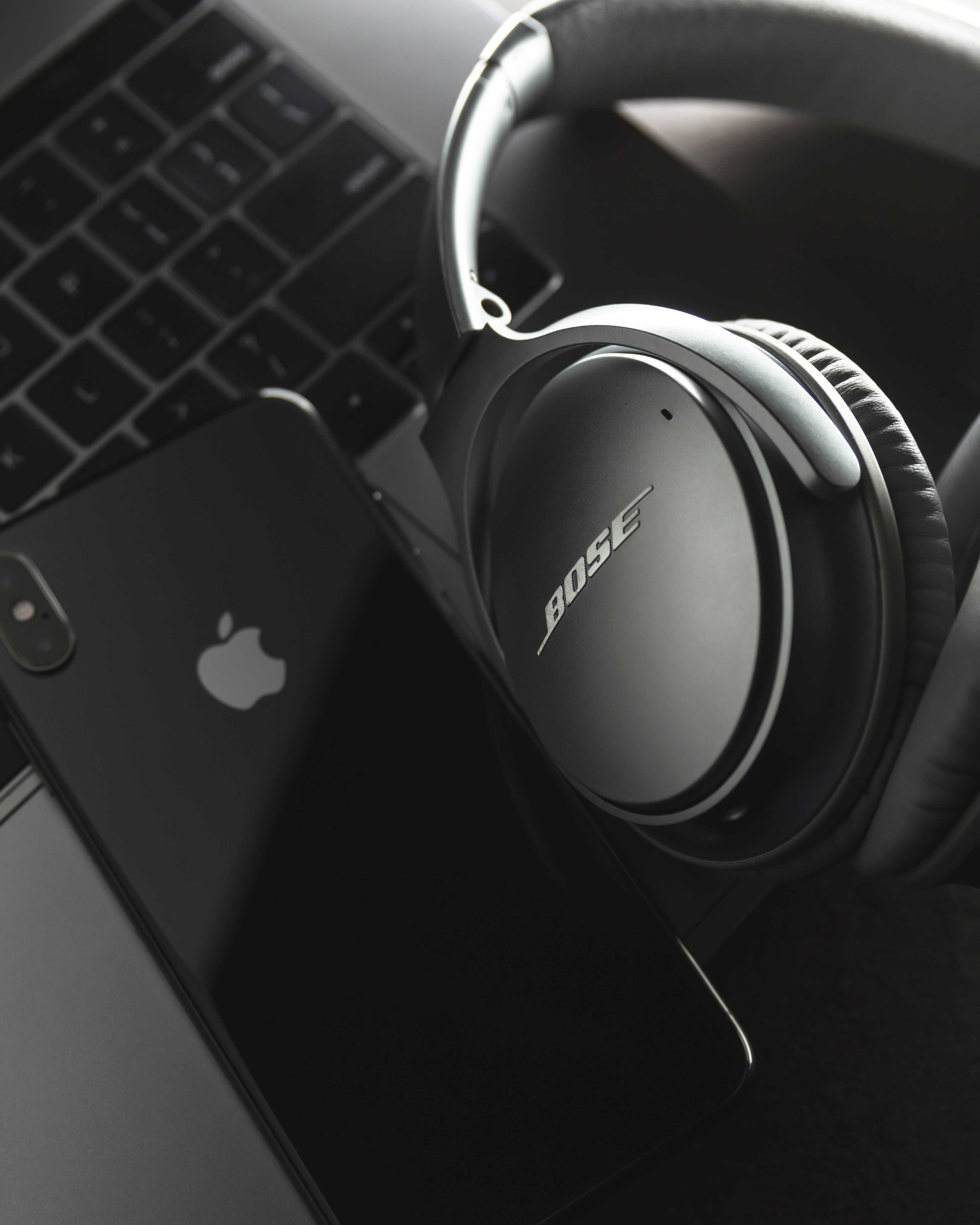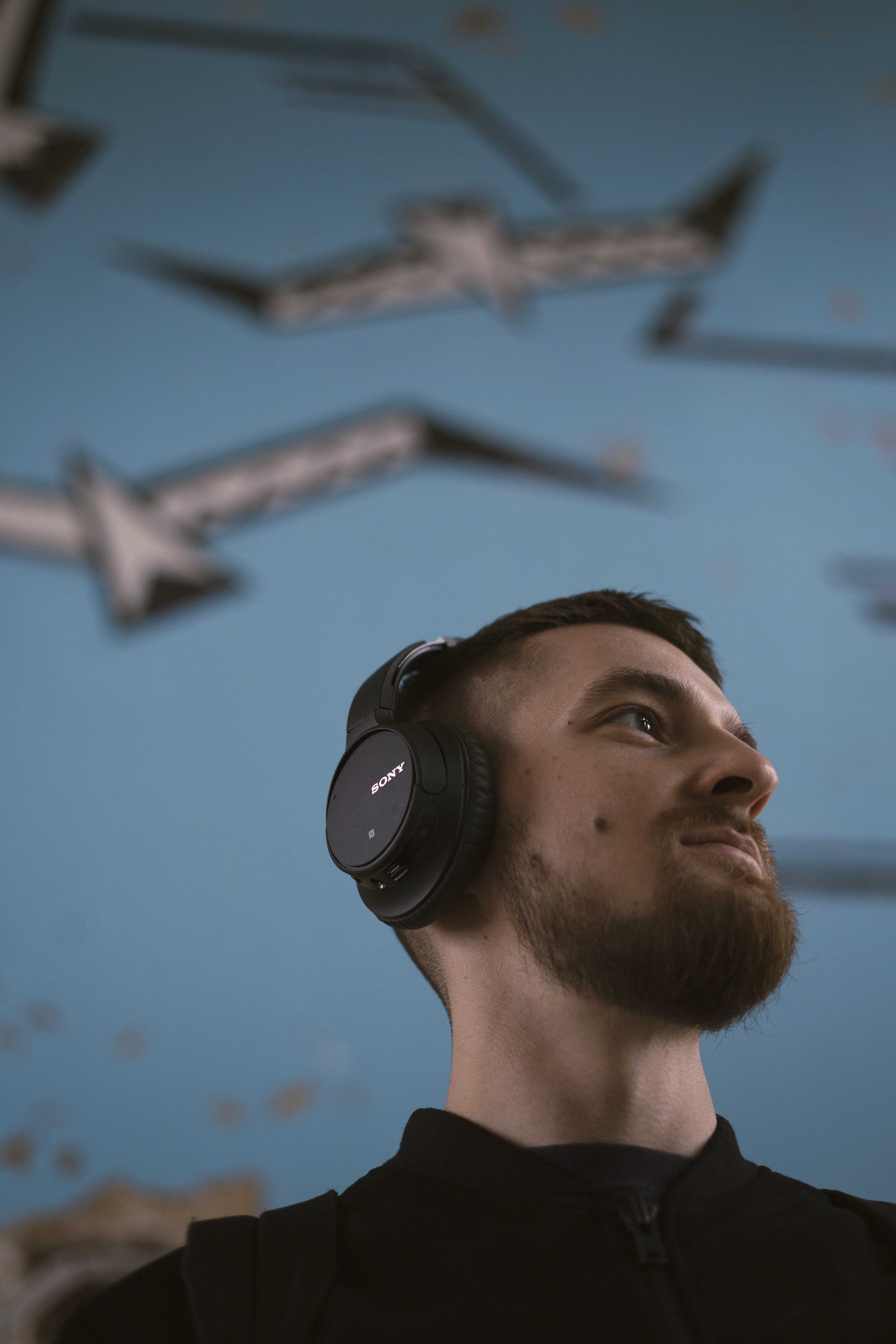Safe headphones is a must for daily listening.
Noise cancelling headphones have become a reality of today’s world and they have come to stay, more and more people are beginning to discover and key into the promise of peace and quiet that it holds.
So it’s not unusual these days to find people wearing their noise cancelling headphones for an extended period of time. And this raises the question: are these safe headphones? Is this practice safe?


How and when do noise cancelling headphones work?
How? Without going into intricate details or conjuring up images of long and scary Physics and Math equations. Noise cancelling headphones work by fighting one noise with another noise.
If it’s the first time you’re hearing this, it might sound counter-intuitive, (I mean, fighting noise with noise? What could be more ridiculous?) believe me, I felt the same way too when I first learned how headphones work.

But here’s how one headphone enthusiast makes more sense of it, and you’ll find it helpful if you’re good with simple arithmetics. “If the ambient noise (an airplane engine, say), is +1 the headphones would create and add -1 so your ear hears 0 (i.e. no noise).”
However, noise cancelling headphones work best with continuous noise and they will not work for quick and transient sounds, like a sudden bang against the door or a sudden clap.
They also do not work for higher frequency sounds, like the human vocal range or anything higher.
Another important thing to note is that not all noise cancelling headphones work the same.
For more detailed headset information and to see how different models stack up, you can check out a headset comparison to find the one that meets your specific needs.
Do you need to use noise cancelling headphones every day?
It depends, on where you live, work, or spend most of your time.
If you’re a very regular traveler that flies every other day noise cancelling safe headphones might be your bread and butter, and like it or not, you might find yourself using it for about 8 hours at a time.
If you live in a noisy city like NewYork, Shanghai, Tokyo, or Cairo, you might find yourself craving some peace and quiet every so often.
What happens when you wear noise cancelling headphones every day?
Toward the end of 2018, Business Insider Columnist, Avery Hartman decided to spend a week wearing noise cancelling headphones non stop.

She wore the QuietComfort 35s as much as she possibly could over the course of more than a week. She wore them every day during her commute, on walks, during her lunch break, and at the office.
She used the headphones for a wide range of things such as listening to music, making calls, and to block out the ambient noise.
The results? A major boost in the quality of her life.
Here’s what she noticed in her own words:
- I slept better. I felt less stress, and as a result, I slept more deeply and clenched my jaw less than I normally do.
- I was more relaxed and focused when I started work each morning. My 20- to 30-minute commute went by more quickly and seemed easier than ever before.
- I was less stressed when I returned home from work. Usually, when I get home at the end of the workday, I’m a little cranky and need some time to unwind and relax. But when I arrived home after wearing the QuietComfort 35s, I was in a much better mood than normal.
- My neck aches and headaches were milder. I’m prone to getting terrible migraine and tension headaches, and knots in my neck and shoulders. Those didn’t disappear completely, but I noticed that after wearing the headphones, I wasn’t constantly massaging my neck. And I went more than a week without taking ibuprofen.

- I enjoyed my music more. Listening to music on my train ride and walks can be an exercise in frustration, since I’m always having to adjust the volume, trying to balance between having it loud enough to hear but not too loud to hurt my ears. The in-ear headphones I typically wear have never been comfortable for me — I’m always having to jam them back in my ears. But with the Bose headphones, which are an over-the-ear design, I didn’t have to worry about any of that and could just zone out and enjoy my songs.
- Perhaps most importantly, I enjoyed city life more. It’s a privilege to live and work in New York, but it can also be physically and psychologically taxing. It’s easy to get worn down by the daily grind of life here. Being able to block out the city’s excessive noise makes living here significantly less stressful and makes me appreciate the sights and people much more. (That being said, it’s extra important to be visually aware of your surroundings when you’re wearing headphones that muffle noises such as car horns and sirens.)
So for the most part, we can assume it’s safe to wear noise cancelling headphones in much the same way we wear our eyeglasses. However, some experts have argued that wearing these headphones all day every day might mess up your noise-localization neural circuitry —one’s ability to locate where sounds are coming from.
But there’s very little hard data to support this claim and hence it holds no water whatsoever.
How can I tell if my hearing is worsening?
If you’re concerned about the quality of your hearing and how bad your ears are becoming, there are free “hearing test” applications on iPhone and Android that can help you test it.
You can simply download these apps to get a general idea of where you stand before you decide whether or not to visit an audiologist.
For iPhone
UHear is a screening tool which allows you to test your hearing to determine if it is within the normal range, or if you have a potential hearing loss. And it takes just 5 minutes.
Mimi Test gives you answers to questions like How well do I hear? Which of my ears hears better? And how does my hearing compare to that of others in my age group?
For Android
Hearing Test has the display of a pure-tone audiometry test, the basic hearing examination which determines one’s degree of hearing loss in relation to sound frequency. The test determines the quietest sound that you are able to hear, thus determining your hearing threshold.
Bonus app
If you are looking for ways to have as much noise free environment for your work life as possible, you can also get yourself a noise cancelling app. One such app called Krisp removes background noise while you’re in a remote conference. It removes noise on both ends, which means you don’t hear noise from other participants and they don’t hear any noise from you. You can pair this up with any safe headphones or microphones and speakers of your choice.
Conclusion
If you would like to repeat Hartman’s experiment or you simply want to do something similar to it, I’d suggest you test your hearing before and after the experiment with some of the apps we listed above to see if wearing noise cancelling every day is helpful or harmful to your ears.


